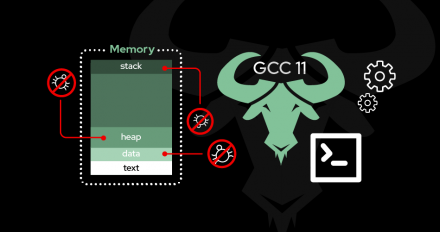
Detecting memory management bugs with GCC 11, Part 2: Deallocation functions
Explore more features in GCC 11 that can help detect dynamic memory bugs in C and C++, and learn about the compiler's limitations.

Explore more features in GCC 11 that can help detect dynamic memory bugs in C and C++, and learn about the compiler's limitations.
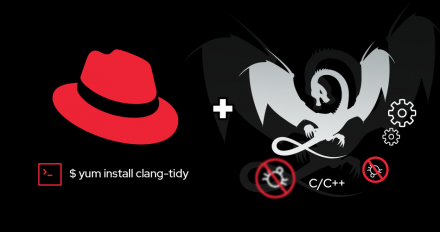
Want Clang to compile faster? Learn why optimizing the LineOffsetMapping function was a good start, and how it was optimized for both SSE and bithacks.
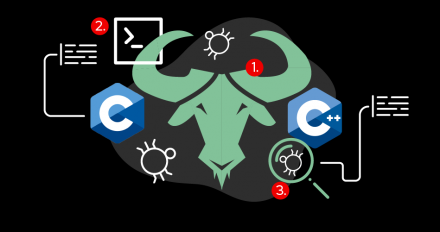
Learn how you can go back in time and replay what went wrong in a C/C++ program with rr (a GNU Debugger Linux enhancement) in this short demo.

Get an overview of the C/C++ performance and usability enhancements in OpenMP 5.0 and 5.1, including features now integrated in GCC 11.
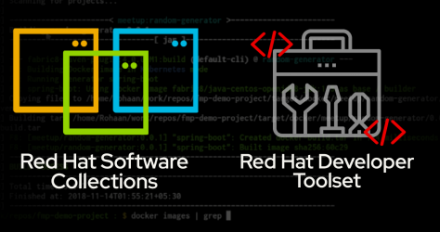
Find out what's new in Red Hat Software Collections 3.7 and Red Hat Developer Toolset 10.1, including updated PostgreSQL, Ruby, and MariaDB collections.

Get introduced to the GNU Debugger (GDB) with this new series. Part 1 explores advanced startup options, faster command execution, and more.

Dynamic memory management bugs are hard to find and frequently targeted in C and C++ programs, but GCC 11's enhanced malloc attribute is here to help.
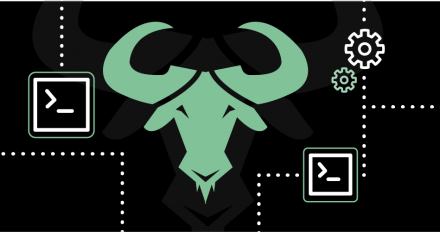
Find out about the new value range propagation abilities coming to GCC 11, and what else you can expect from Project Ranger in GCC 12.
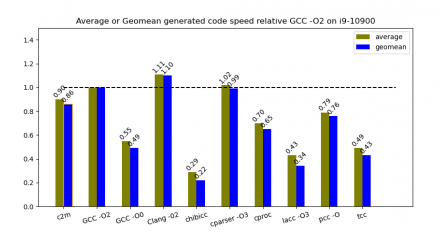
Find out how the MIR project's C JIT compiler and interpreter compares to other C compilers for generated code and compilation speed.

Find out how Valgrind Memcheck detects memory leaks in your C or C++ programs, and how to integrate Valgrind into your test suites for early detection.

The GNU C Library's iconv utility had a problem with hanging character set conversions. Learn how rewriting iconv's option parsing solved the issue.
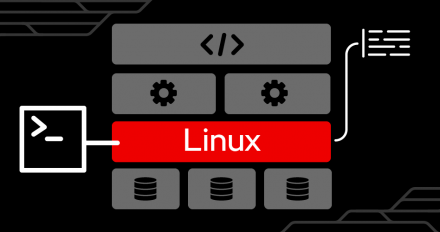
Get a guided tour of using Visual Studio Code's remote SSH extension to edit and compile remote LLVM on your Fedora Linux operating system.
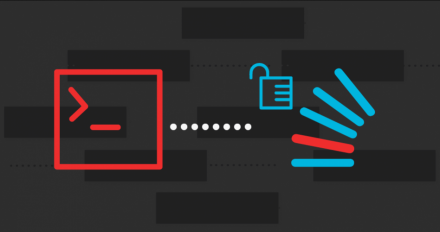
The GNU C Library's 2.33 release adds buffer overflow protection for C/C++ programs. Find out how _FORTIFY_SOURCE=3 improves overflow protection in glibc.
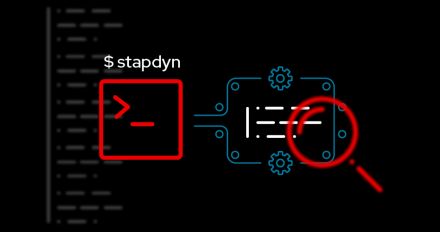
Use SystemTap (stap), the Dyninst instrumentation framework, and Python to write instrumentation for a live running kernel or a user space application.
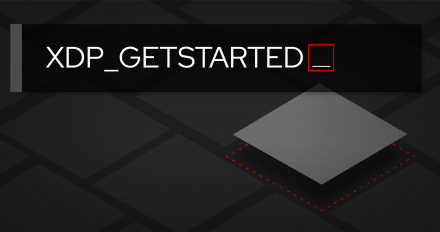
Learn how to write an XDP program on RHEL 8.3 for counting dropped packets, which involves adding a BPF map, and writing a custom loader.
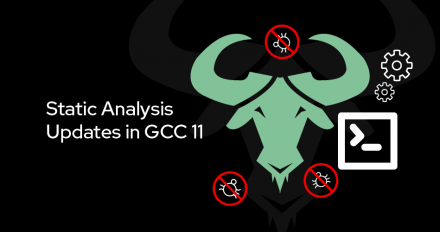
Get an overview of fixes and enhancements to the -fanalyzer static analysis pass, currently being updated for security, state tracking, and more in GCC 11.

Learn how glibc version 2.33 will support reloading nsswitch.conf changes without having to stop and start your application.
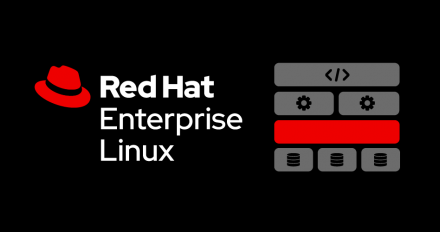
Find out why Red Hat recommends building Red Hat Enterprise Linux 9 for x86-64-v2 and what you can expect from this new, optional microarchitecture level.

Learn how to use Red Hat Enterprise Linux Application Compatibility Guides to migrate your C/C++ applications from RHEL 7 to 8 without unpleasant surprises.
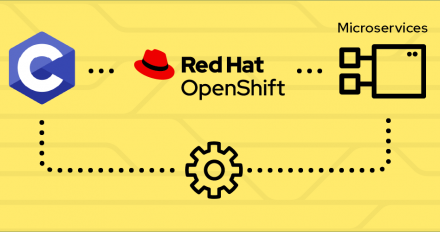
Explore the implications of implementing a REST-based web service in C by determining sun/moonrise and set for a specific location and day.
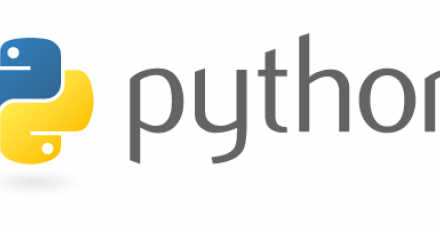
Improve Python 3.8's run speed by 30% in RHEL 8.2 by compiling with GCC's -fno-semantic-interposition flag.
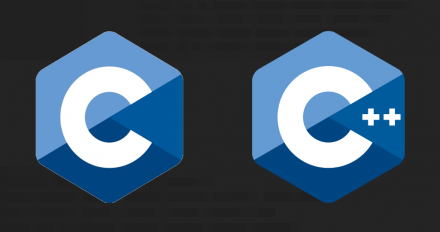
In part 2 of this series, avoid aliasing restrictions with programming language exemptions and compiler extensions, and explore possible resulting problems.

In part 1 of this series, explore C/C++ language restrictions, their challenges and pitfalls, and examples demonstrating their benefits in optimized code.

Explore the Red Hat Enterprise Linux (RHEL) 7 language and runtime updates available in Red Hat Software Collections 3.5 and Red Hat Developer Toolset 9.1.

Discover the design principles and performance improvements behind GCC's code generation strategies for defending against stack clash attacks.